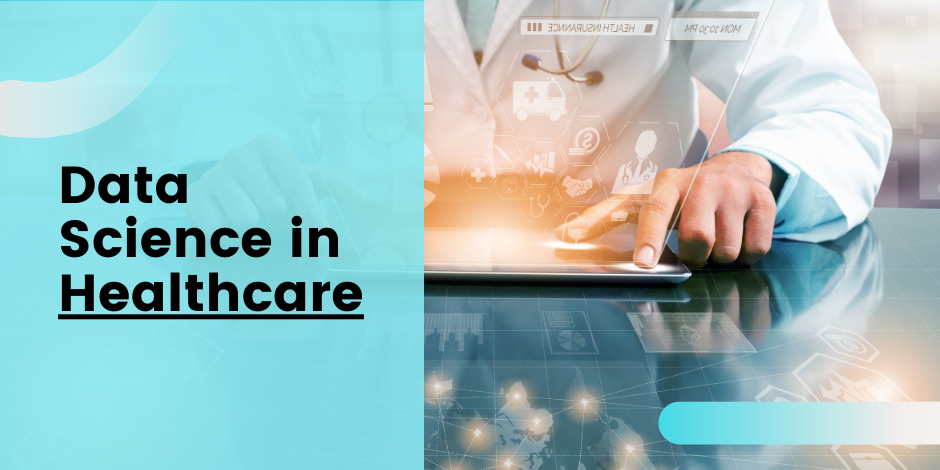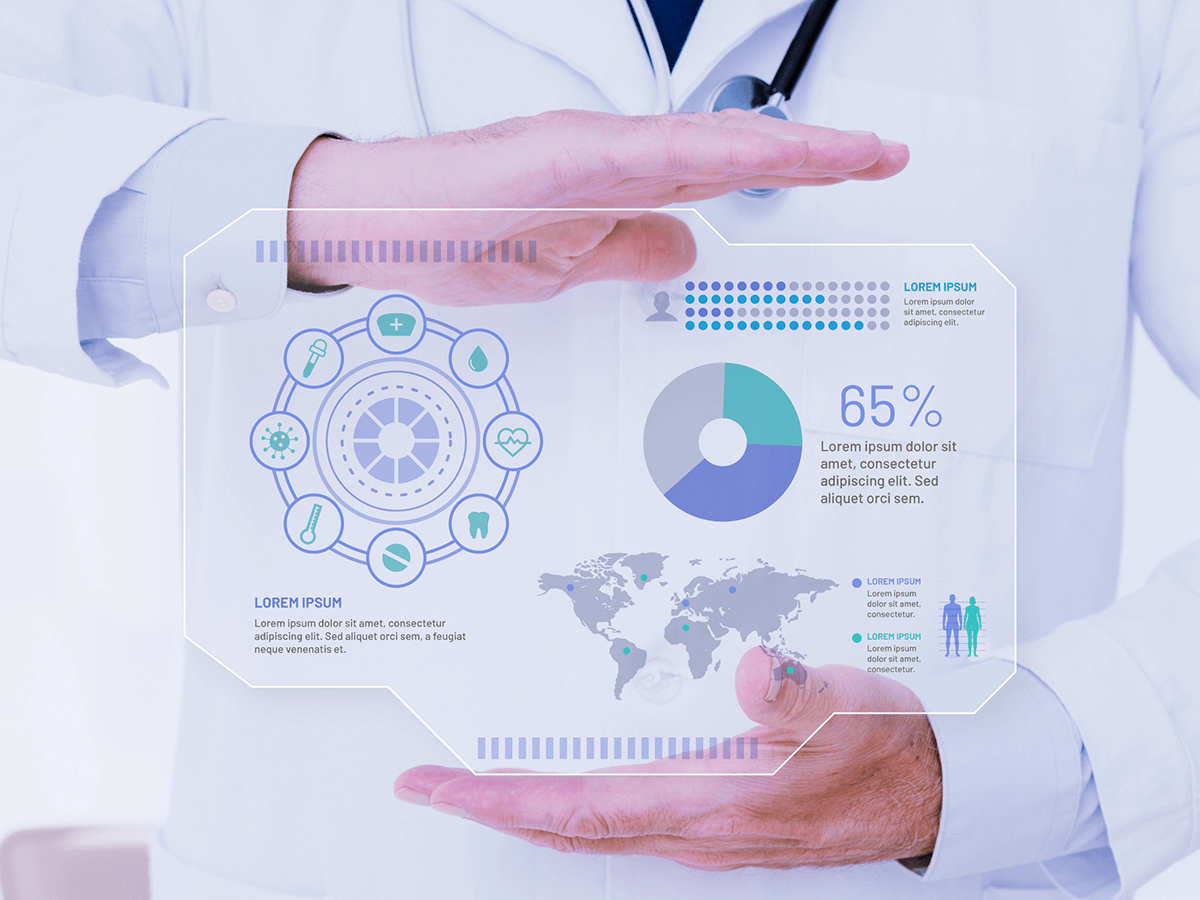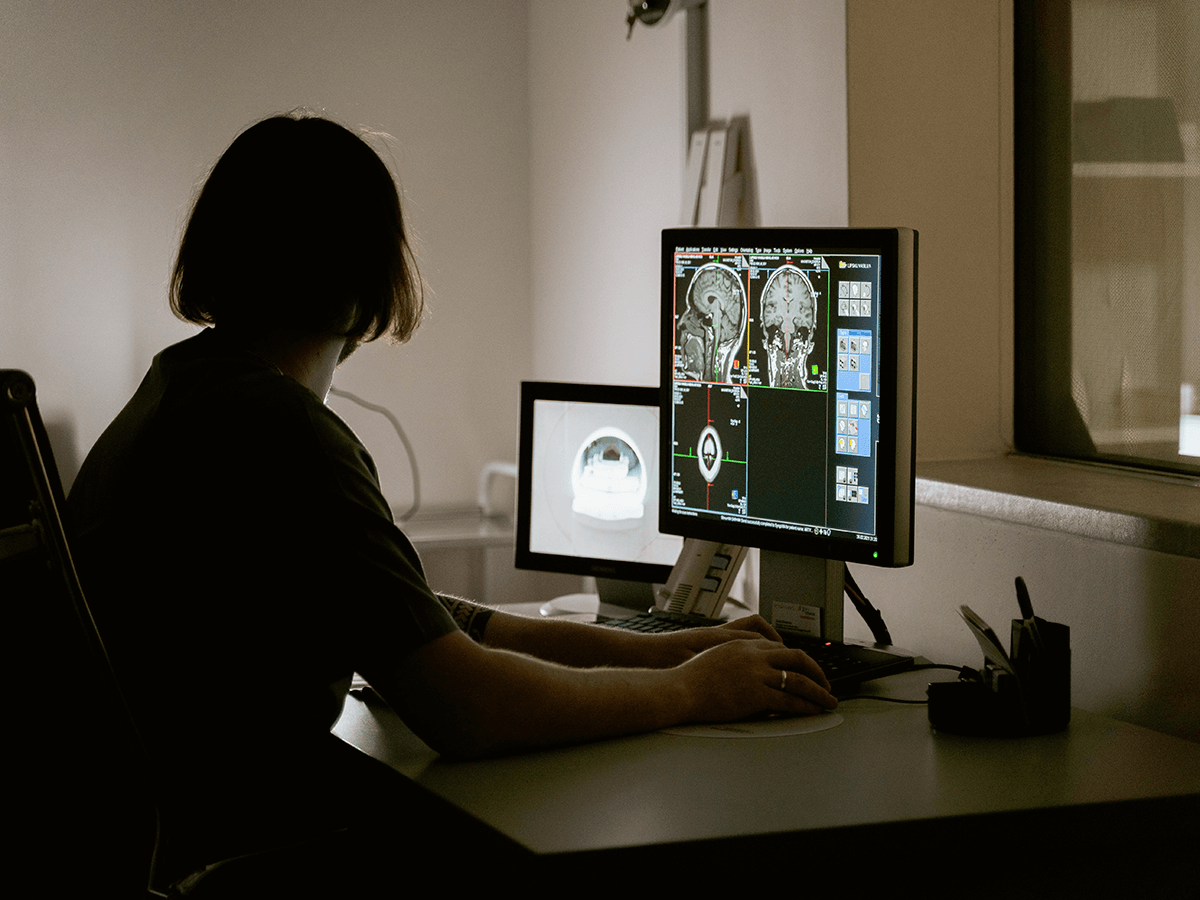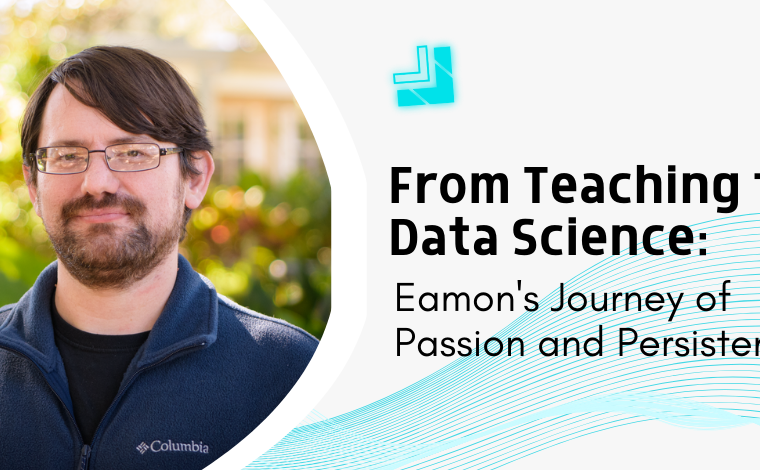The Impact of Data Science in Healthcare: Revolutionising the Industry

Stay Informed With Our Weekly Newsletter
Receive crucial updates on the ever-evolving landscape of technology and innovation.
In recent years, the field of healthcare has witnessed a significant transformation, thanks to the application of data science.
With its ability to harness and analyse large volumes of data, data science in healthcare is revolutionising the industry by unlocking new insights, improving patient care, and enhancing operational efficiency.
This article explores the various ways in which data science in healthcare is making a positive impact and discusses the challenges and opportunities that lie ahead.
Understanding the role of data science in healthcare

Data science, broadly defined as the practice of extracting actionable insights from vast amounts of data, is becoming increasingly relevant in the healthcare sector.
The intersection of healthcare and data science represents a powerful convergence of disciplines that has the potential to drive significant improvements in patient outcomes, operational efficiency, and cost-effectiveness.
This synergy allows healthcare organisations to leverage the wealth of data available to them, including electronic health records, medical imaging data, wearable sensor data, and genomic data, among others.
Data science in healthcare has proven to be a game-changer. With the increasing digitisation of patient records and the proliferation of medical devices that generate vast amounts of data, the need for data scientists has never been greater.
These professionals possess the expertise to extract meaningful insights from complex datasets, enabling healthcare providers to make more informed decisions and deliver personalised care to their patients.
By analysing large datasets containing patient information, data scientists can identify risk factors and develop predictive models that can accurately assess an individual’s likelihood of developing certain conditions.
This proactive approach allows healthcare providers to intervene early, potentially saving lives and reducing the burden on the healthcare system.
Furthermore, data science in healthcare has revolutionised the field of medical imaging.
With the advent of advanced imaging technologies, such as magnetic resonance imaging (MRI) and computed tomography (CT), healthcare providers now have access to highly detailed images of the human body.
However, interpreting these images can be a complex and time-consuming task.
This is where data science in healthcare comes in.
The revolution brought about by data science in healthcare
Data science is revolutionising patient care, enabling healthcare providers to deliver personalised, evidence-based treatments that are tailored to individual patients’ unique needs.
By analysing patient data and identifying patterns and trends, healthcare professionals can make more informed decisions, resulting in better outcomes and improved patient satisfaction.
Moreover, data science in healthcare is streamlining operations by optimising resource allocation, improving workflow efficiency, and enhancing decision-making processes.
In addition to these significant advancements, data science has also played a crucial role in the early detection and prevention of diseases.
Through the analysis of large datasets, researchers and healthcare professionals have been able to identify risk factors and develop predictive models that can help identify individuals who are at a higher risk of developing certain diseases.
This early detection allows for timely intervention and treatment, potentially saving lives and reducing healthcare costs.
Another area where data science in healthcare has made significant contributions is in research.
By analysing large datasets from clinical trials, researchers can gain valuable insights into the effectiveness and safety of new treatments.
This data-driven approach allows for more efficient and accurate evaluation of potential therapies, ultimately speeding up the process of bringing new drugs and treatments to market.
Moreover, data science in healthcare has also been instrumental in improving patient outcomes through predictive analytics.
By analysing historical patient data, healthcare providers can identify patterns and risk factors that may lead to adverse events or readmissions.
This information can then be used to develop predictive models that can help healthcare professionals intervene early and prevent such events from occurring, ultimately improving patient safety and reducing healthcare costs.
Additionally, data science in healthcare has empowered patients to take a more active role in their well-being.
Through the use of wearable devices and mobile applications, individuals can collect and track their health data, such as heart rate, sleep patterns, and physical activity.
This data can then be analysed to provide personalised insights and recommendations for improving health and well-being.
Patients can also use this data to proactively manage chronic conditions and make informed decisions about their healthcare.
The future of data science in healthcare

Predictive analytics and personalised medicine are two areas in which data science is expected to play a crucial role in the future of healthcare.
Predictive analytics leverages historical data to forecast future events, such as disease outbreaks or patient readmissions, allowing healthcare organisations to take proactive measures and allocate resources effectively.
Similarly, personalised medicine aims to tailor medical treatments to individual patients based on their genetic makeup, lifestyle factors, and other personal data.
By analysing large-scale genomic datasets and incorporating individual patient characteristics, data scientists can identify the most effective treatments for specific individuals, ultimately leading to better health outcomes.
Artificial intelligence (AI) and machine learning (ML) are also set to have a profound impact on healthcare.
AI-powered systems can analyse vast amounts of medical data, assist in diagnosis, suggest treatment options, and even automate certain healthcare processes, enhancing both efficiency and accuracy.
Overcoming challenges in implementing data science in healthcare
While data science brings tremendous potential, its implementation in healthcare is not without challenges.
Data privacy and security concerns are paramount, given the sensitive nature of patient data.
Healthcare organisations must ensure robust data protection measures are in place to safeguard patient confidentiality and comply with regulatory requirements.
Additionally, the scarcity of skilled data scientists in healthcare poses a significant hurdle.
As the demand for data-driven insights grows, there is a need to train and develop data science expertise within the healthcare workforce.
Collaboration between academia, industry, and healthcare institutions is essential to bridge the talent gap and build a skilled data science workforce capable of driving innovation in healthcare.
The global impact of data science on healthcare

Data science is not confined to individual healthcare systems; its impact is felt worldwide.
By analysing global health trends, data science can help identify patterns, detect emerging diseases, and inform public health policies and interventions.
Furthermore, the COVID-19 pandemic has highlighted the crucial role of data science in pandemic response and management.
From tracking the spread of the virus to predicting its impact on healthcare systems, data science has played a pivotal role in informing public health decisions and guiding effective response strategies.
In conclusion
Data science has the potential to revolutionise the healthcare industry by unlocking valuable insights, improving patient care, and enhancing operational efficiency.
Through its applications in predictive analytics, personalised medicine, and AI, data science is reshaping the way healthcare is delivered and paving the way for a more data-driven future.
However, addressing challenges related to data privacy, talent shortage, and global collaboration is critical to realise the transformative power of data science in healthcare fully.
If you’re interested in pursuing a career in data science, you may want to explore Institute of Data’s 3-month full-time or 6-month part-time Bootcamps.
To find out more about our programs led by industry professionals, you can download a Data Science & AI Course Outline.




